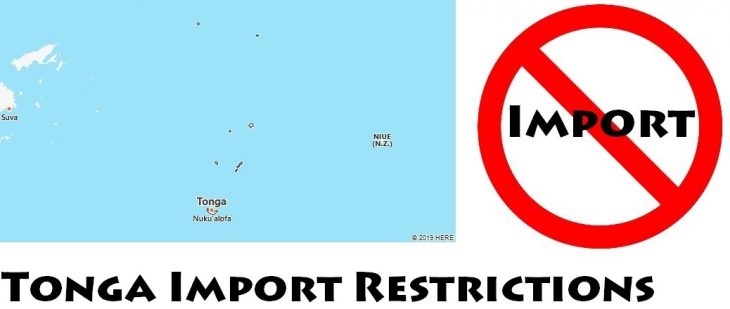Tonga Import Restrictions
In order to enter Tonga, certain goods are subject to specific controls and, regardless of their value and quantity, they require the consent of Tonga government, preferably, license must be obtained prior to passage through the customs, preventing the goods from being retained. On this page, you will see what kinds of items are prohibited from entering the Tonga, and which items need special documentation before exporting to Tonga.
Import regulations
Senders should determine import restrictions from Tongan authorities before posting:
- Alcoholic beverages
- Drugs and medicines
- Plants and parts of plants.
Special documentation requirements
Commercial goods require an inserted invoice. All goods require a Certificate of Origin.
Prohibitions
In addition to items prohibited by Dangerous and Prohibited Goods & Packaging Post Guide and ECI International Courier Regulations, Tonga prohibits tobacco products in packages more than 5 kg and tobacco products packed with other goods.














































